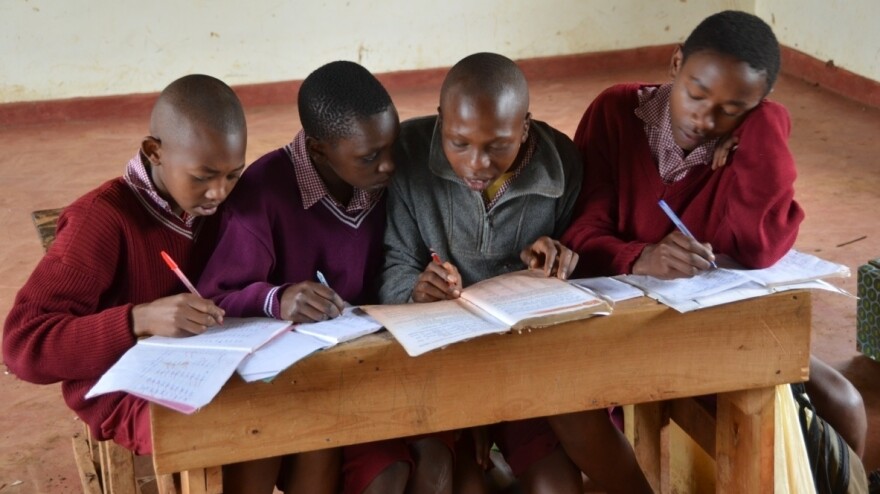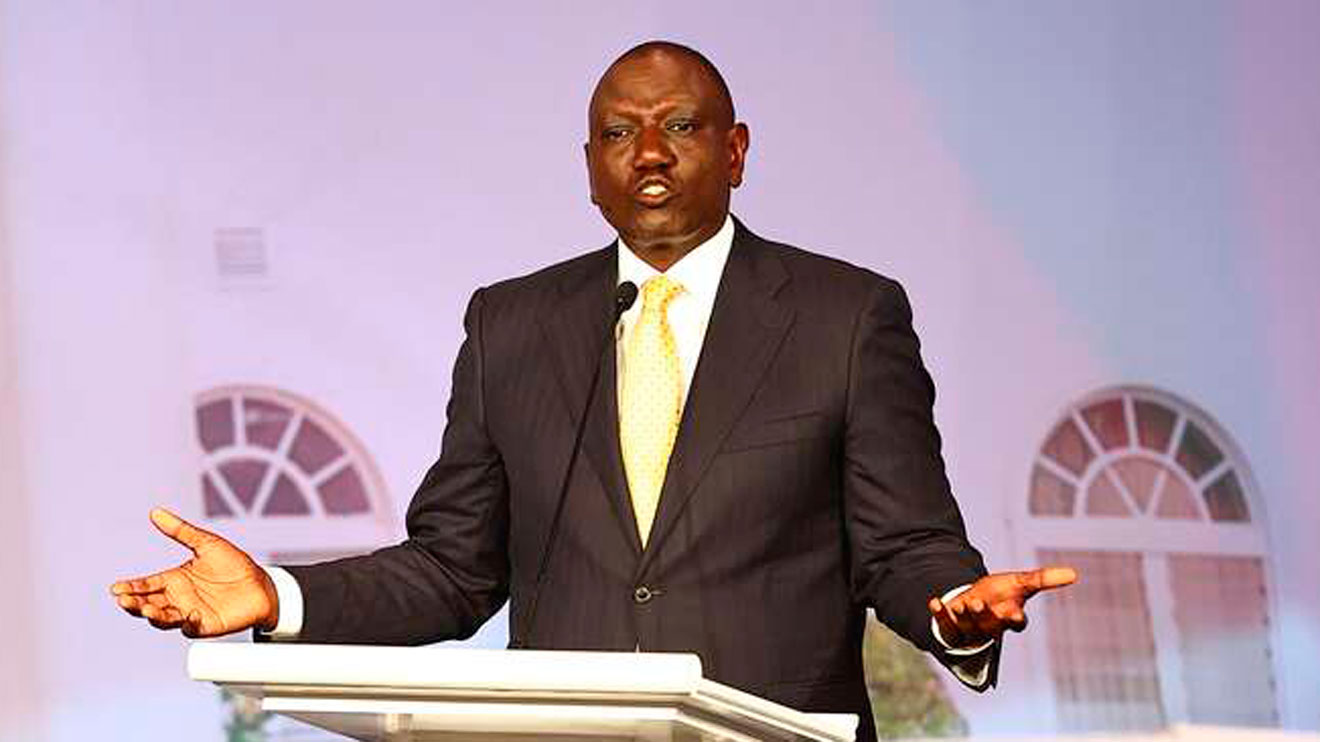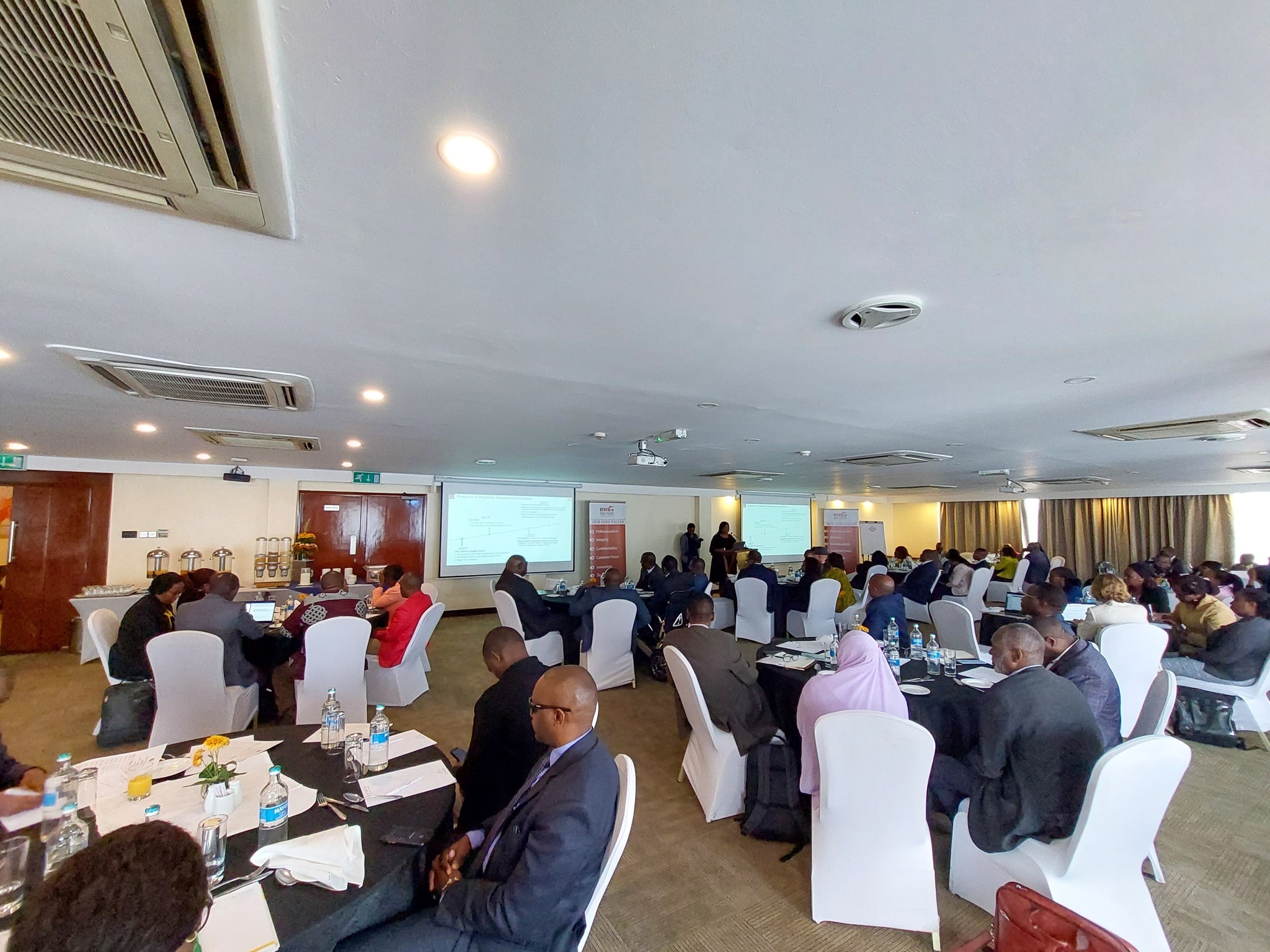International Day Of Education 2023

The International Day of Education is a day that was set aside by the United Nations General Assembly to be celebrated on 24 January annually.
The day is observed to remind people of the importance of education. Its passage showed support for changing policies to ensure fair and high-quality education for all.
This year, the day is celebrated under the theme “to invest in people, prioritize education”.
Building on the global momentum generated by the UN Transforming Education Summit in September 2022, this year’s Day calls for maintaining strong political mobilization around education and charting the way to translate commitments and global initiatives into action.
UNESCO is dedicating this year's International Day to girls and women in Afghanistan who have been deprived of their right to education. It is calling for the immediate lifting of the ban restricting their access to education.
The day is observed in a bid to ensure the promotion of affordable education in society which makes it easier for more students to learn, this results in the acquisition of information which makes one better at logic and decision-making, and also problem-solving.
Also, the day helps in breaking the cycle of poverty that has always been caused by a lack of education. With education, everyone has long-life opportunities.
In a joint statement by Prof. Hubert Gijzen, UNESCO Regional Director for Eastern Africa, and Mohamed Fall, UNICEF Eastern and Southern Africa Regional Director to the media, governments across Eastern and Southern Africa have been urged to turn high-level commitments made at last September’s Transforming Education Summit (TES) into concrete action to support the millions of children waiting for their education to be prioritized.
Countries have been acknowledged for their great progress and steady efforts in relentlessly strengthening their education systems and adjusting to changing times.
However, they noted that the number of children in schools is low citing that around 41 million children are out of school across Eastern and Southern Africa.
UNESCO and UNICEF are therefore appealing to governments to stand by their commitments and chart a way forward with practical action and the required resourcing to reverse the current learning trends in the region.
BY MARGARET MUGO
Tags: Ministry Of Education Un Unesco International Day Of Education Prof. Hubert Gijzen Mohamed Fall


